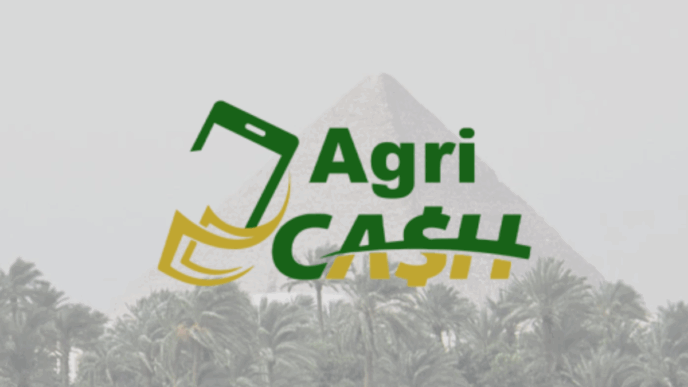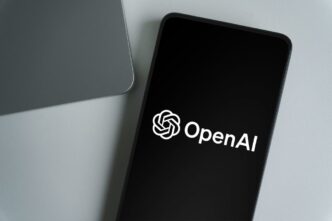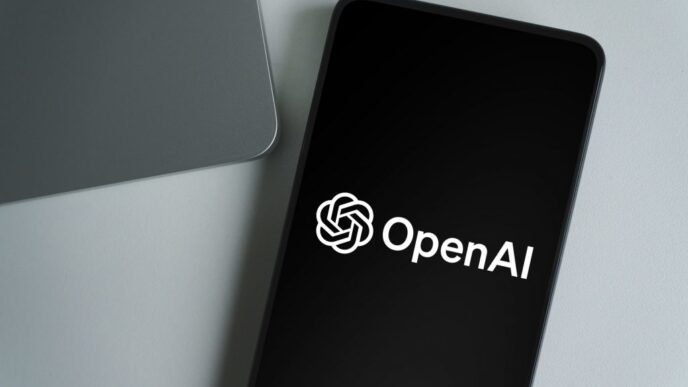The European Commission just dropped its Generative AI Outlook Report 2025, spotlighting how AI is reshaping Europe’s labor market—but the real disruption might be brewing quietly in the Global South.
The report digs into Europe’s AI challenges: only 55.6% of adults have basic digital skills, women make up just 19.4% of ICT specialists, and the EU is pushing hard to double its digital workforce and embed AI literacy in schools by 2030. Europe’s got the AI Act in place and a digital education hub on the way.
Meanwhile, the Global South is facing a triple threat: weak infrastructure (only 43% of Africa has reliable electricity, and internet access in Sub-Saharan Africa hits 37%), a brain drain keeping talent out, and slow policy moves—only seven African countries have national AI plans as of early 2024.
But there’s a twist. The World Bank says AI disruption will be slower there because manual and informal labor dominate—jobs tied to community and social interactions that resist easy automation.
That means the Global South can leapfrog by designing AI differently: small local models trained on native languages and cultures, tools that boost human work rather than replace it, especially in agriculture, education, healthcare, and finance.
The report stresses this needs a clear strategy. Without AI roadmaps tailored to local realities, the Global South risks falling behind—not just economically but socially, where digital divides and misinformation could worsen, especially for women and marginalized groups.
Public education, affordable internet, hybrid human-AI skills, and ethical governance rooted in local values are urgent. Closing the AI readiness gap isn’t charity—it’s global insurance. If the Global South moves smart, it won’t just catch the AI wave; it could steer it.
The European Commission calls it a race not just about catching up, but about leaping differently.
“If we act with intention now, by 2030 we won’t just be reacting to AI’s global tide. We’ll be steering our own current. And this isn’t just about us. It’s about everyone.”
The full report is available via the European Commission site.














